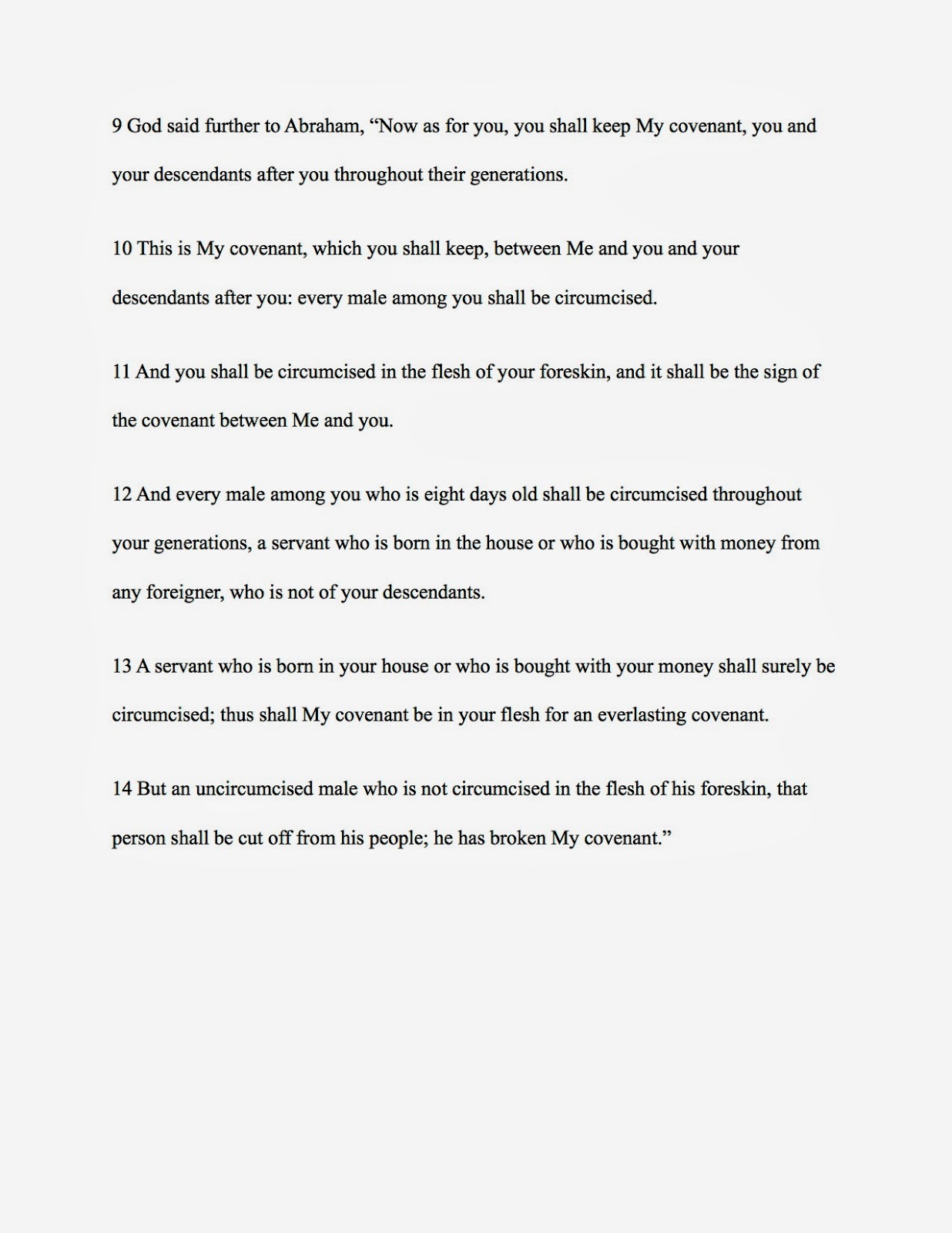That doesn't mean I might not give you some study prep.....
This week I want you to tell me your story from darkness into light. We have spent much time in Ephesians talking about how God through Jesus rescued us from the domain of darkness and brought us into His kingdom of light. We have talked about who we are without Jesus and what we are in Him. So it's time to get personal and share our stories. Use the questions below and write out your story to share with us. Every story is a story of rescue. Every story is a story of a Mighty God who pursued you. Be proud of your story!!
Some questions that might help you:
- What was your life like before Jesus became Lord in your life?
- What brought you to realize you needed Him?
- How has your life been different since?
Three simple questions, but I know the answers may be complex. We all have a story and I cannot wait to hear yours!







